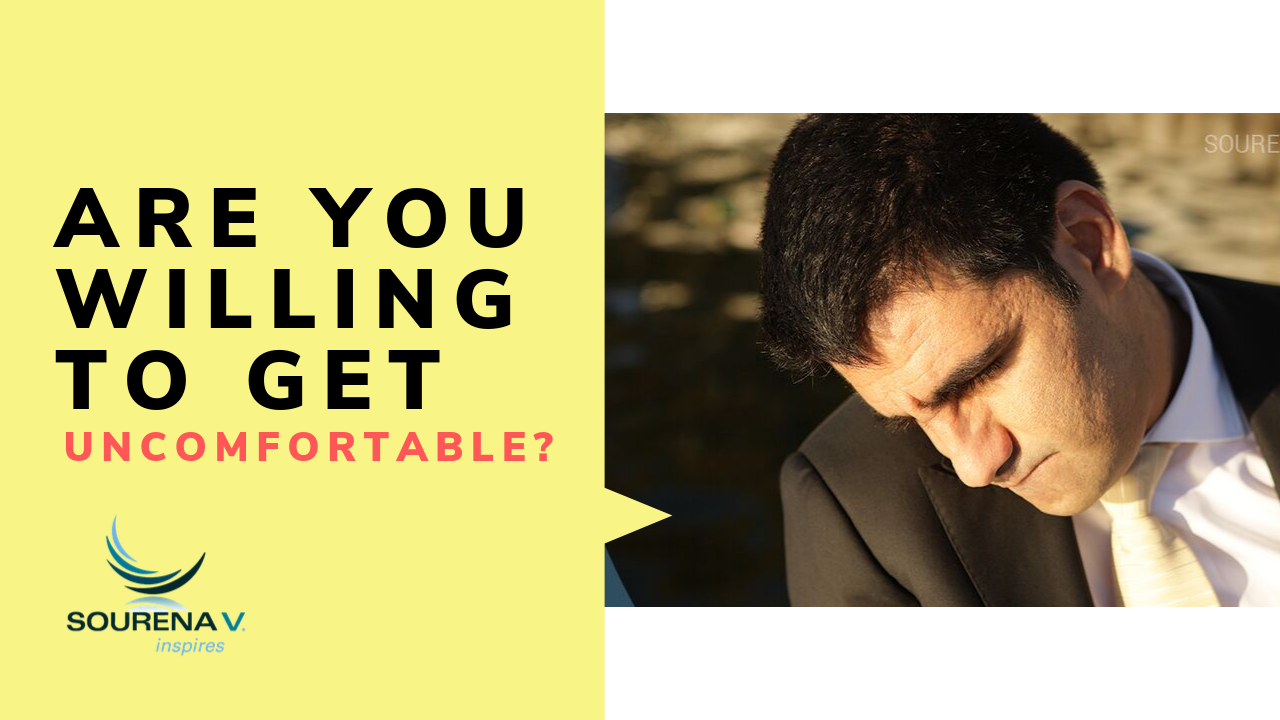Busting 10 Myths of Success
Continue Reading...
Everyone has a notion of what it takes to be successful. I was born with severe cerebral palsy which left me in a wheelchair. But I too wanted to be s...
Are You Willing To Get Uncomfortable?
Continue Reading...
Part of amazing success is performing the activities that are required at a high level. When you perform these activities, they feel uncomfortable. W...
Timeout From Your Challenges
Continue Reading...
With ambitious goals comes challenges. When we have ambitious goals, we may incur obstacles and roadblocks. When we encounter these, our first instinc...




